- Learning time
- 20 minutes
- First play time
- 40 minutes
Sun Tzu
Designed by: Al Newman
In Sun Tzu the players are battling it out to control ancient China. The smallish board shows both the regions to be contested, and at either end triangular score-markers are placed showing the value of each region; regions change in value every three rounds, and they are scored on the third, sixth and ninth (final) round.
Players begin with six cards representing their armies, and add a further four cards from their deck to give them a starting hand of ten. In each round, players play one card face down to each of the regions, and then all cards are revealed. The numeric difference between opposing forces in an area dictate what happens there – how many armies of the occupier get removed, or added, or potentially both if the region changes hands. Players don’t ever share ownership of a region.
The extra cards have varied applications – some are simply powerful armies, but some have sneakier abilities, like outscoring your opponents’ army by +1, +2 or +3 or infecting the area with a plague and making any opposing army ineffective.
At round three the regions scores are compared and a marker is moved to reflect who has the biggest strength overall – towards one player, or the other. After the ninth round the position of this marker decides the winner.
There are a couple of other elements you can incorporate too – the secretly-chosen Warlord cards give some variation, and you can choose to use the Event cards if you wish as well.
The guru's verdict
-
Take That!
Take That!
The whole game is a series of mini Take Thats making up one massive Take That. It's a fight, so not one for fragile sensitivities.
-
Fidget Factor!
Fidget Factor!
Next to none, unless you choose your cards far quicker than your opponent does.
-
Brain Burn!
Brain Burn!
There's not a huge amount of maths, but the game really pivots on trying to second-guess and outwit your opponent.
-
Again Again!
Again Again!
Quite a lot of variety here; there are many Warlord cards to choose from, the Event cards come up randomly, as do the scoring markers. Tactics can also change.

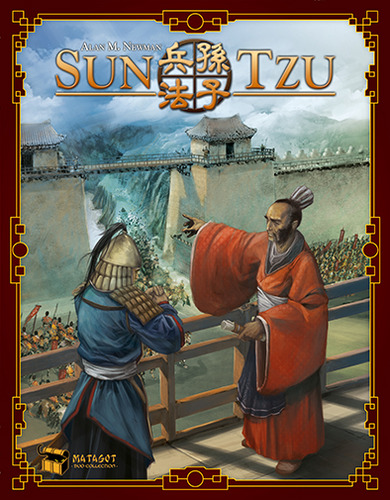
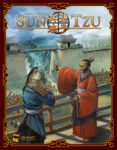
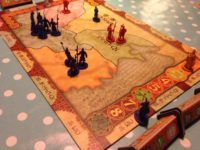


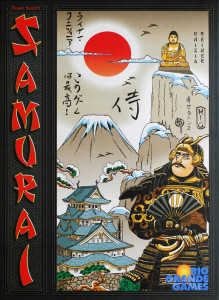
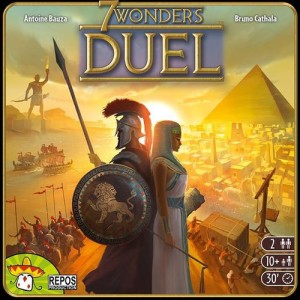
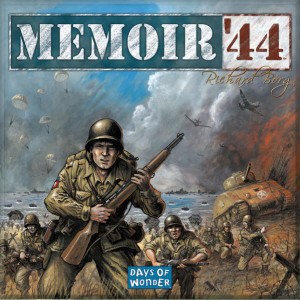
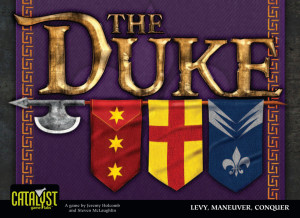
Sam says
Usually a game that is just about fighting would leave me slightly underwhelmed, but I think Sun Tzu is a rather clever little game. Unlike the ifs and buts of a drawn-out Imperial Assault, the parameters are pretty narrow: play a card, compare cards. But within that is a lot of scope, and when you play cards is crucial - the only cards you ever get back are your army cards valued 1-6. Everything else is one-use only. A good game!